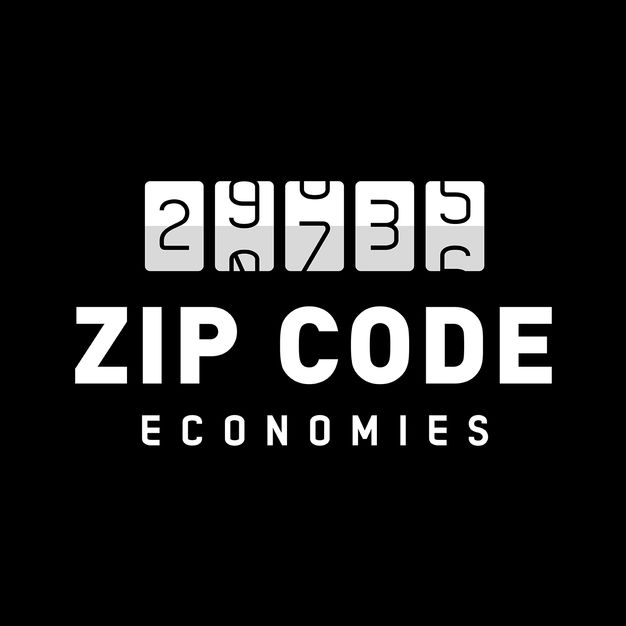
Zip Code Economies
Federal Reserve Bank of San Francisco
With the backdrop of a world that seems increasingly divided, Zip Code Economies shares the stories of people navigating the unique economic situations in their communities. Hosted by Mary Daly and brought to you by the Federal Reserve Bank of San Francisco, these weekly stories highlight people who face issues we hear about every day, but like the rest of us, strive to make contributions, create opportunity, and move forward—together.
- 7 minutes 47 secondsVoices from Yakama Nation
Our latest conversations with members of Yakama Nation, a community on the eastside of the Cascade Mountains in Washington state, provided us with unique stories and perspectives on the interconnectedness of policy, place, and people. Hear from some of the Yakama Nation members we spoke with as they describe their community in one word.
6 March 2024, 12:11 am - 22 minutes 53 secondsThe Virtuous Cycle of Hope: Season 1.5, Chapter Five
As we wrap up Zip Code Economies 1.5, we want to know how young people are faring. So we reconnect with Nefiso and Najmo Abdi, twin sisters we met as high schoolers from San Diego’s tight-knit Somali community. Now in college and navigating the intersection of COVID-19 and the Black Lives Matter protests, they recognize you can’t put a timeline on change. Instead, they focus on what they can—learning from this time of turmoil and making sure their voices are heard.
29 March 2021, 10:00 am - 26 minutes 43 secondsWarrior of Light: Season 1.5, Chapter Four
We reconnect with Mr. Sanchez, the 10th grade English teacher at Firebaugh High School, who is the definition of an essential worker in the pandemic. Racial and economic inequities have always existed in Firebaugh, and recent events have only magnified this reality. As lack of internet access threatens to cut students off from his class, Mr. Sanchez fights to ensure continued access to education as an act of social justice.
22 March 2021, 4:10 pm - 29 minutes 44 secondsThe Essence of Kuleana: Season 1.5, Chapter Three
If the intergenerational transmission of hope is a journey, Lahela Williams is an ideal guide. A Native Hawaiian, she discusses the effects of COVID-19 and the Black Lives Matter movement in Honolulu, while drawing parallels with the fight to protect the sacred mountain, Mauna Kea. Through it all, we learn that from great chaos comes great change, and we have the “kuleana”—or responsibility—to maintain hope.
15 March 2021, 10:00 am - 23 minutes 20 secondsThe Family You Choose: Season 1.5, Chapter Two
In our continued search for answers, we check in with Will Unga, a Pacific Islander raising his young kids in the predominately white, religious community of Salt Lake City. He walks us through his experiences, reminding us of our obligation to continually cultivate hope for the sake of both past and future generations.
8 March 2021, 11:00 am - 24 minutes 10 secondsPlanting Tulips: Season 1.5, Chapter One
In the first episode of Zip Code Economies 1.5, we reconnect with someone who understands how to nurture hope in others, even during the most difficult times. Pastor Paul Bains is a tireless advocate in East Palo Alto, especially on issues of justice and equality. Like tulips, we learn that hope can be buried for a time, but returns with patience, love, and perseverance.
1 March 2021, 11:00 am - 1 minute 2 secondsUnder Pain Lives Hope: Zip Code Economies 1.5 Trailer
Why do you still hope? That's the question we found ourselves asking in the middle of 2020 as the pandemic spread and our country reckoned with social injustice. To answer it, SF Fed CEO Mary Daly returns to some of the most memorable voices from Season 1—the ambassadors of hope who inspire us with their resilience in the face of adversity. The result is Zip Code Economies 1.5—a project we never intended to make, but that we can now never forget. Please join us for this special bonus series.
26 February 2021, 1:20 am - 30 minutes 58 seconds10: Your Zip Code Doesn’t Define Your Destiny
How can you change the narrative when the odds are stacked against you? We wrap up this season of Zip Code Economies back in San Diego, with a look at how education is creating new opportunities for not just students, but entire families. As a new generation moves forward as contributors in society, they’re determined to not forget where they came from, while also embracing that zip code doesn’t define their destiny.
Interviewees:
- Katherine Field
- Reality Changers students
- Chanel Bradley
- Jacqueline Guan
- Sara Boquin
- Barrio Logan College Institute students
- Adelita Jasso
- Connie Snowden
Organizations:
- Monarch School
- Reality Changers
- Barrio Logan College Institute
27 August 2019, 1:00 pm - 21 minutes 6 seconds9: An Economy Like Water
On our last stop this season, we land in San Diego facing a chicken or egg dilemma: Do communities create economies? Or is it the other way around? To help us solve that puzzle, we talk to the manager of a nonprofit, a hotel CEO, a Colonel in the Marines, and a Spanish teacher—people who might not seem to have much in common, but who have found a shared home in this fluid, ever-changing part of Southern California.
Interviewees:
- Kristen Walker
- Colonel Jason Woodworth
- Robert Gleason
- Dan Watman
Organizations:
- San Diego Workforce Partnership
- Marine Corps Air Station Miramar
- Evans Hotels
- Friends of Friendship Park
20 August 2019, 1:00 pm - 24 minutes 58 seconds8: Searching for Ohana
When you ask residents what makes Hawaii such a special place to live, one word comes up over and over again: “ohana.” But what is “ohana”? In this episode of Zip Code Economies, we return to Honolulu to find out. Join us as we walk away with not just one definition of ohana, but many—all of which we hope to carry back to the mainland.
Interviewees:
- Michelle Kauhane
- Michael Bruno
- University of Hawai’i at Mānoa students
- Lahela Williams
- Shantel Jones
Organizations:
- Hawaii Community Foundation
- University of Hawai’i at Mānoa
- Hawaiian Community Assets
13 August 2019, 1:00 pm - 25 minutes 35 seconds7: Hidden Hawaii
Many people think of Hawaii as a vacation destination. But what about the people who call it home? In this episode of Zip Code Economies, we travel to Honolulu to uncover “hidden” Hawaii. Through the stories of a blind shopkeeper, Filipino immigrants transitioning jobs, and a native Hawaiian working to build financial resilience, we encounter a community striving to adapt to tough economic realities in a landscape dominated by tourism.
Interviewees:
- Ryan Kusumoto
- Zachery Grace
- Shantel Jones
- Kim Gillis-Robello
- James Hardway
- Janny Mendoza
- John Dumayag
- Lahela Williams
Organizations:
- Parents and Children Together (PACT)
- Hotel And Restaurant Industry Employment & Training Trust (HARIETT) Hawaii
- Hawaiian Community Assets
6 August 2019, 1:00 pm - More Episodes? Get the App
Your feedback is valuable to us. Should you encounter any bugs, glitches, lack of functionality or other problems, please email us on [email protected] or join Moon.FM Telegram Group where you can talk directly to the dev team who are happy to answer any queries.
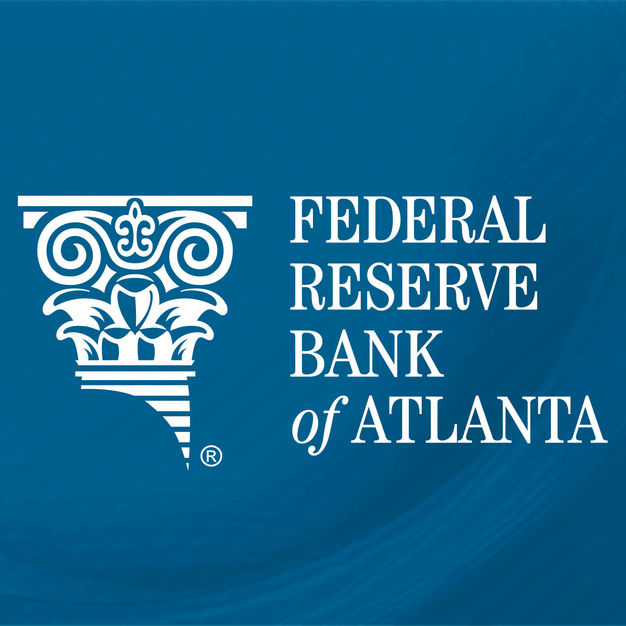 Economic Development
Economic Development
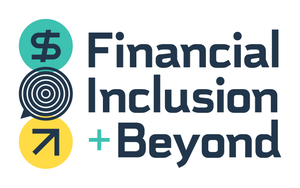 Pacific Exchanges
Pacific Exchanges
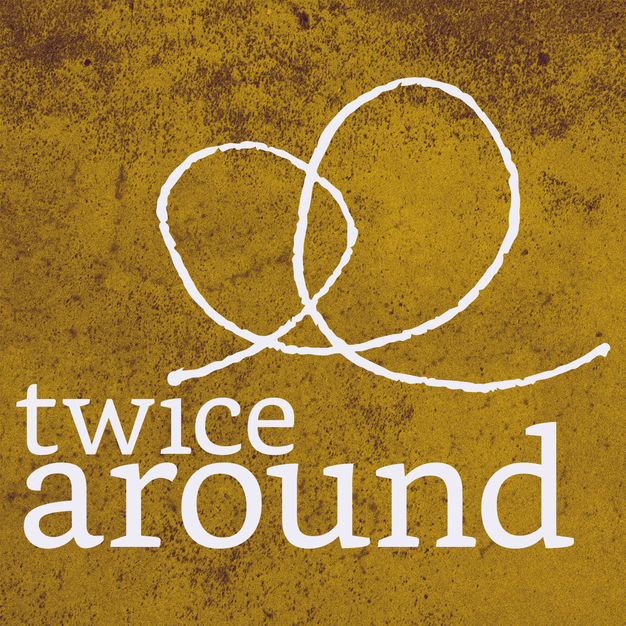 Twice Around
Twice Around
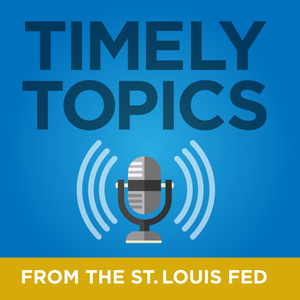 Timely Topics
Timely Topics
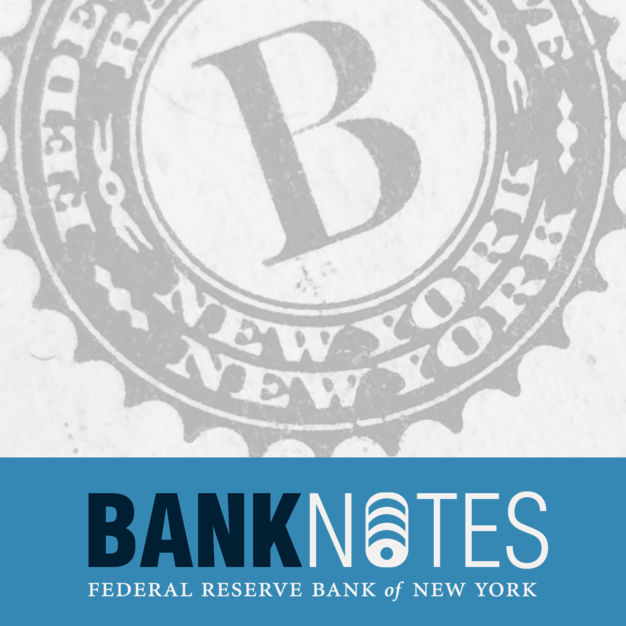 Bank Notes
Bank Notes
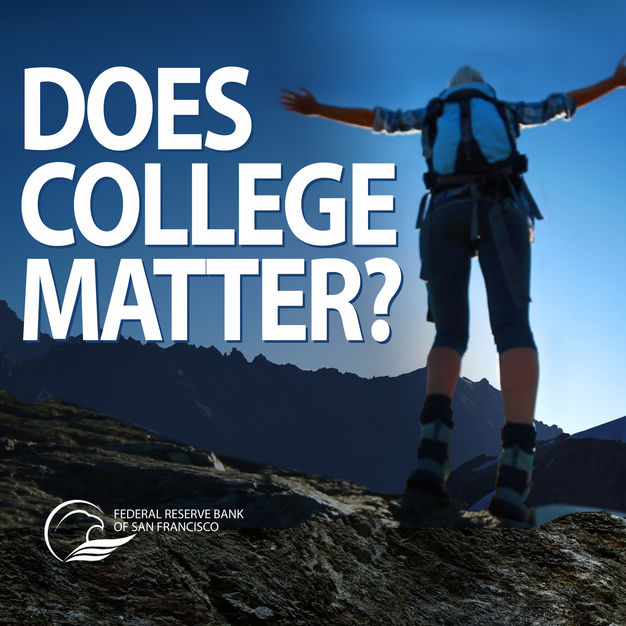 Does College Matter?
Does College Matter?